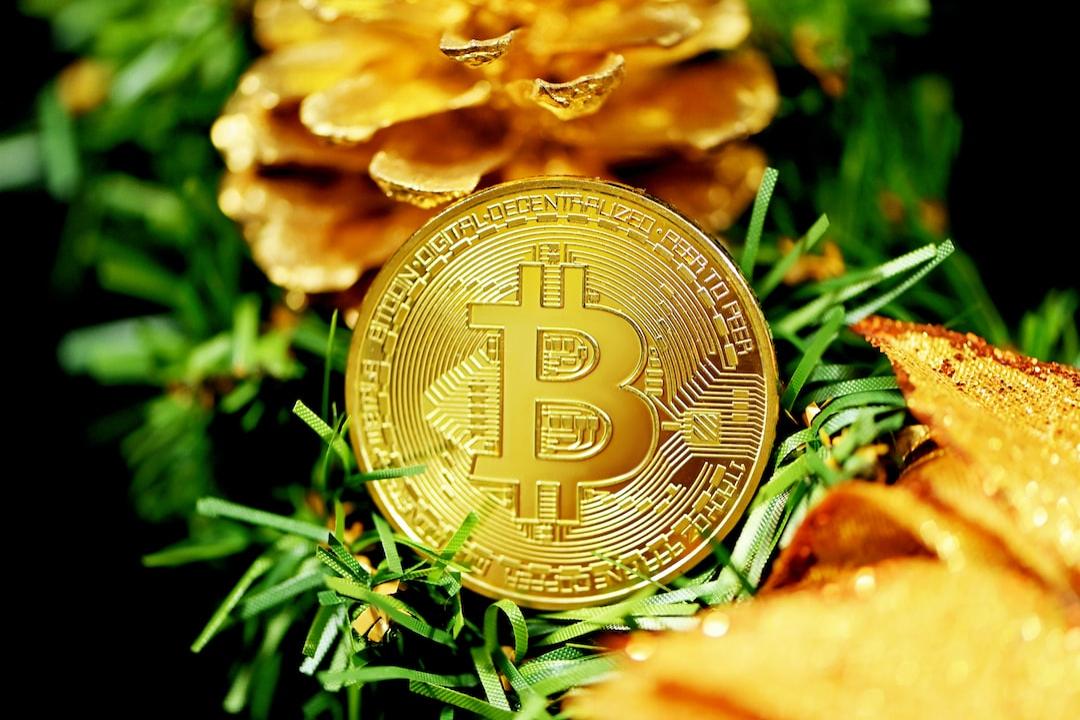TRX, the native token of the Tron network, experienced a significant increase of 9.5% in June, outperforming competitors Solana’s SOL and Ether (ETH), which both saw decreases of 9% and 11% respectively during the same period.
Interestingly, TRX’s rise coincided with Tron founder Justin Sun transferring over $21 million worth of TRX to Binance. This has raised questions among traders about the sustainability of TRX’s rally above $0.12.
On June 27, Sun moved 173.8 million TRX, valued at $21.4 million, to a Binance deposit address. This movement of funds occurred as Tron’s total value locked (TVL) dropped to a six-month low of $7.5 billion on June 26, suggesting that major investors are withdrawing funds from the ecosystem despite the price surge of TRX.
One concerning fact is that 75% of the network’s total deposits are concentrated in a single decentralized application called JustLend, which has seen a 15% reduction in assets over the past 30 days. Further inspection raises concerns about the sustainability of Tron’s ecosystem, particularly since 94% of JustLend’s deposits are in BTCT, a TRC-20 token that supposedly represents a Bitcoin position.
Additionally, data from Exponential.fi reveals that the $5.3 billion in BTCT deposits at JustLend yield 0%, suggesting that the primary beneficiary of these assets might be profiting indirectly rather than the typical users of the JustLend application.
Exponential.fi has assessed JustLend’s BTC pool as having poor fundamentals due to significant collateral risk, a reflexive security mechanism, and high centralization of network validators. Their risk summary warns of potential total investment loss due to issues in the underlying chain.
Although there is no direct evidence of wrongdoing, the misalignment of the TRX token price trend with the growth of the Tron network is less than ideal, especially considering that none of its decentralized applications are listed in the global rankings of protocols by fees.
It is worth noting that Ethereum remains the leader in its ecosystem, with Solana also standing out with applications like Raydium, Jito, and Marinade. Tron has seen significant volumes in Tether (USDT) but has faced challenges with other stablecoin providers, including Circle.
On February 20, Circle discontinued support for its TRC-20 version of USD Coin (USDC) due to trust, safety, and transparency concerns. In November 2023, the nonprofit group Campaign for Accountability accused Tron of being involved in multiple international law enforcement actions related to organized crime groups and sanctioned entities.
Similarly, on March 25, Binance ended support for USDC on the TRC-20 network. Users were given a two-week window to convert, transfer, or withdraw their tokens from Binance. These incidents have further diminished investor confidence in Tron’s ecosystem, despite the TRX price seemingly unaffected by these uncertainties.
In April 2024, the United States Securities and Exchange Commission reiterated allegations from its original lawsuit against Justin Sun and his companies, accusing them of selling unregistered securities through the Tron and BitTorrent (BTT) tokens. The SEC also accused Sun of engaging in manipulative wash trading. The SEC alleges that TRX and BTT were promoted and sold to consumers and investors located in the United States.
Given that TRX has outperformed SOL and ETH by nearly 20% over the past 30 days, despite a decline in Tron’s network TVL and indications of possible selling by wallets linked to Sun, the sustainability of TRX maintaining the $0.12 support level seems doubtful.
Please note that this article does not provide investment advice or recommendations. Every investment and trading decision involves risk, and readers should conduct their own research before making any decisions.

